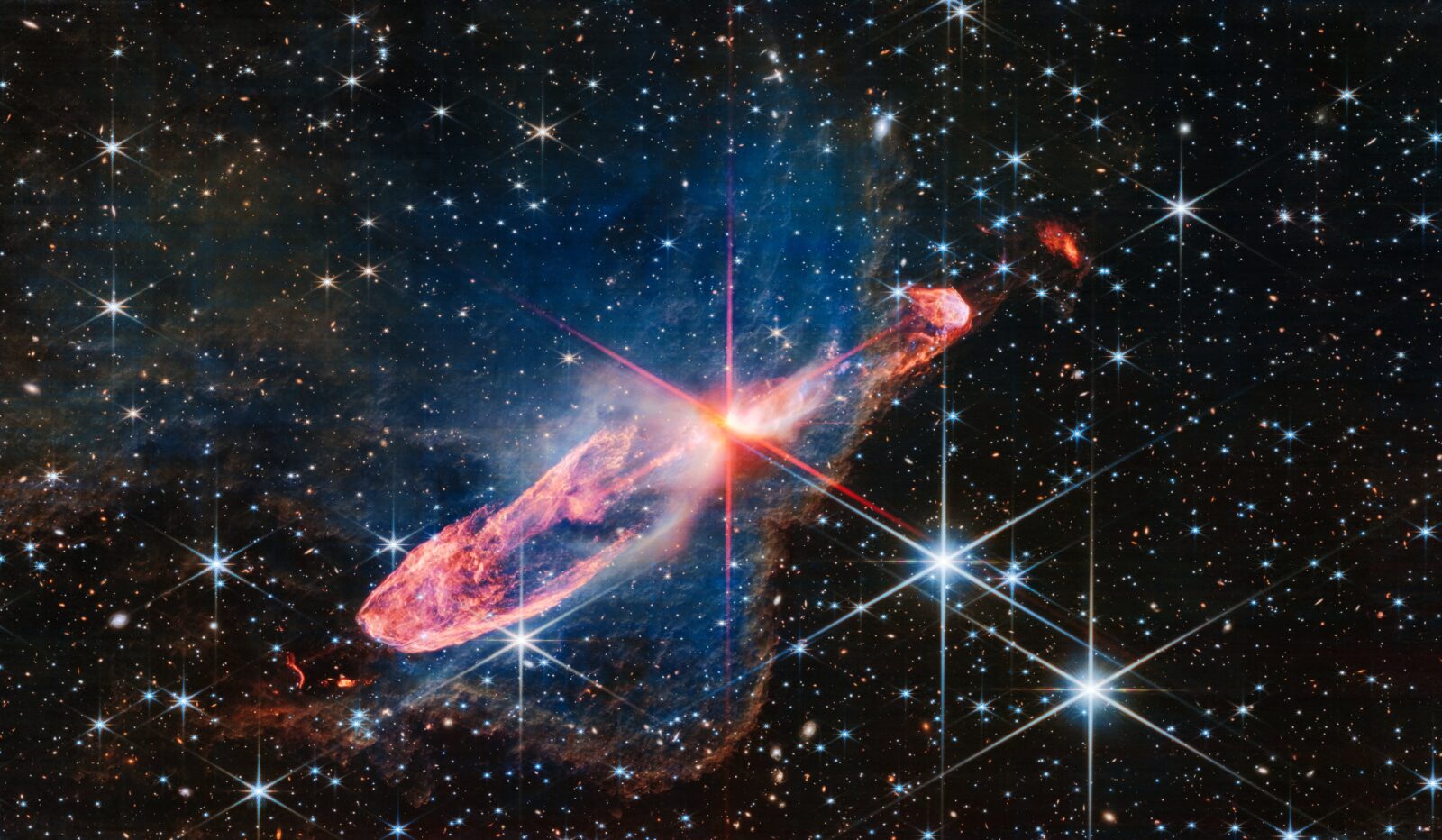


Physics to God: Rational Arguments for Design in the Universe

How Finely Tuned Is Our Universe?
On this ID the Future, Baylor University computer engineering professor Robert J. Marks hosts Ola Hössjer of Stockholm University and Daniel Díaz of the University of Miami to discuss a recent research paper the three contributed to the Journal of Cosmology and Astroparticle Physics, “Is Cosmological Tuning Fine or Coarse?” It turns out that’s no easy question to answer rigorously, but this is where the new paper comes in. In this episode the three unpack the long answer. What about the short answer? It’s akin to a description in The Hitchhiker’s Guide to the Galaxy: “Space,” it informs us, “is big. Really big.” Measuring how finely tuned our universe is for life is all about searching large spaces of possibilities; and as it turns out, the space of fine-tuning possibilities is really, really big. Tune in to learn more. *This episode is reposted here by permission of Mind Matters News, a publication of the Walter Bradley Center for Natural and Artificial Intelligence.